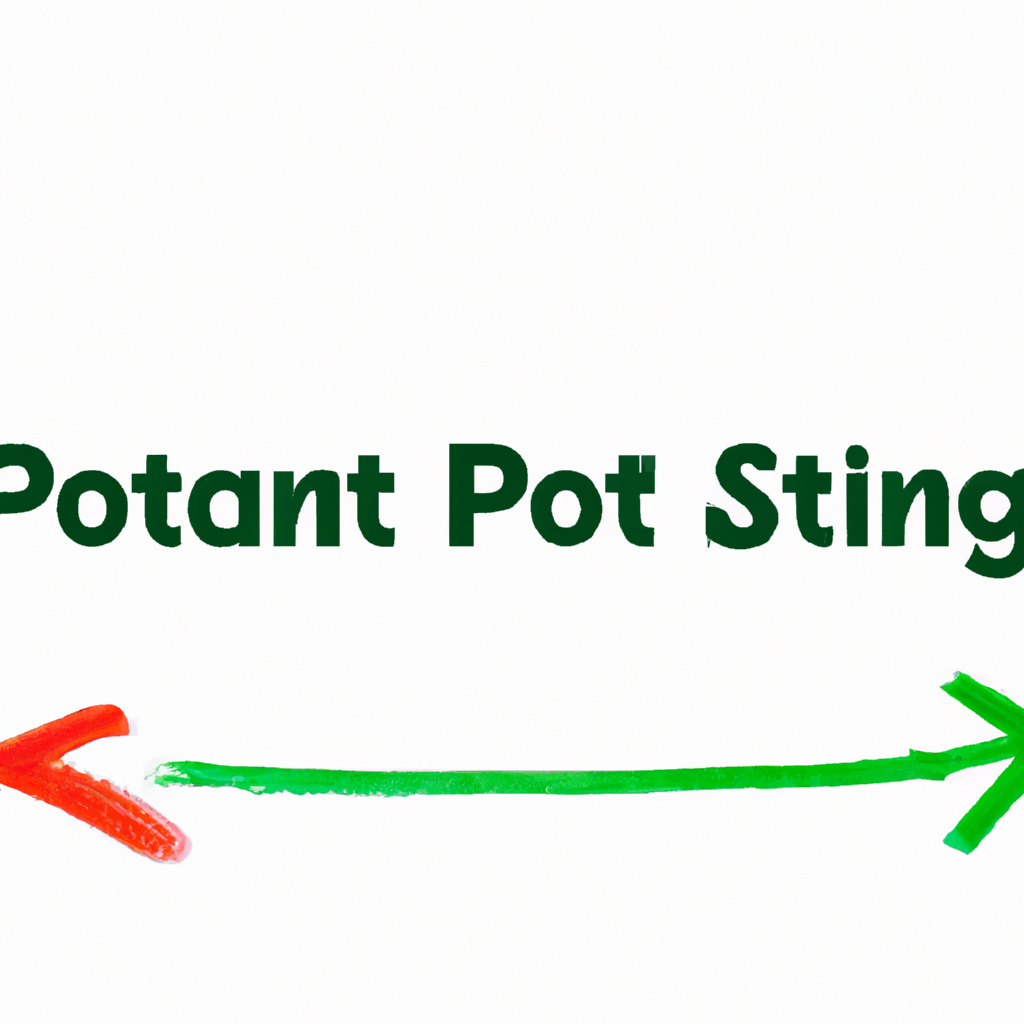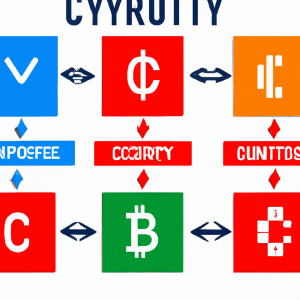
Unlocking the Power of Pivot Points: Strategies for Successful Trading
Pivot Point Trading Strategies
Pivot points are a popular tool used by traders to identify potential support and resistance levels in the market. They are calculated based on the previous day’s high, low, and closing prices, and can help traders determine entry and exit points for their trades. In this article, we will discuss some common pivot point trading strategies that traders can use to improve their trading performance.
1. Classic Pivot Point Strategy
The classic pivot point strategy involves using the pivot point, support, and resistance levels to make trading decisions. Traders can buy when the price is above the pivot point and sell when it is below. The support and resistance levels can be used as additional confirmation for entry and exit points.
2. Fibonacci Pivot Point Strategy
Some traders use Fibonacci retracement levels in conjunction with pivot points to identify potential reversal points in the market. By combining these two tools, traders can get a more accurate picture of where the market may turn around and plan their trades accordingly.
3. Camarilla Pivot Point Strategy
The Camarilla pivot point strategy is based on a set of eight levels that can be used to identify potential support and resistance levels. Traders can use these levels to plan their trades and set their profit targets and stop-loss orders accordingly.
4. Trading the Bounce
One common pivot point trading strategy is to trade the bounce off of support or resistance levels. Traders can buy when the price bounces off of a support level and sell when it bounces off of a resistance level. This strategy can be particularly effective in trending markets.
5. Breakout Trading
Another strategy that traders can use with pivot points is breakout trading. When the price breaks through a pivot point level, it can signal a strong move in that direction. Traders can enter trades in the direction of the breakout and ride the trend for maximum profit potential.
Conclusion
Pivot point trading strategies can be a valuable tool for traders looking to improve their trading performance. By using pivot points in conjunction with other technical indicators, traders can identify potential support and resistance levels in the market and plan their trades accordingly. Whether you prefer classic pivot point strategies or more advanced techniques like Fibonacci or Camarilla pivot points, incorporating these tools into your trading arsenal can help you become a more successful trader.

